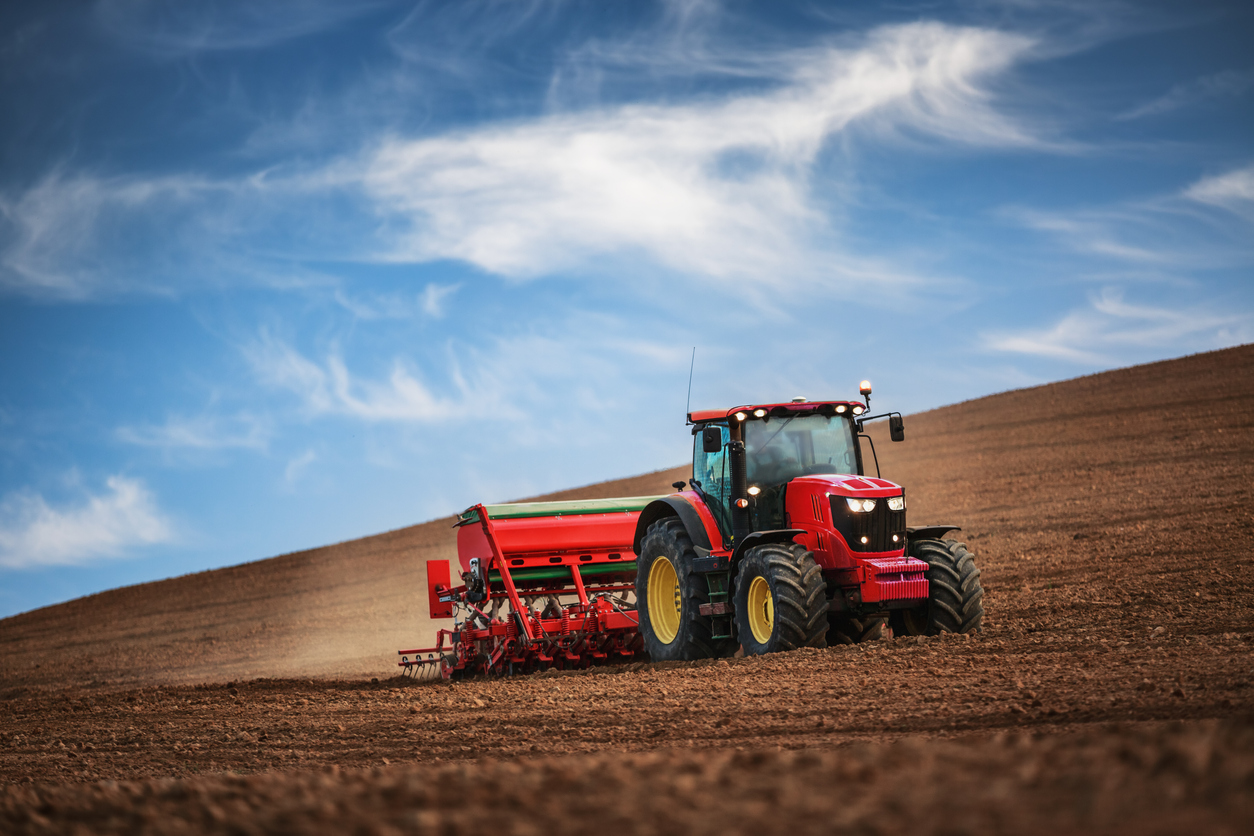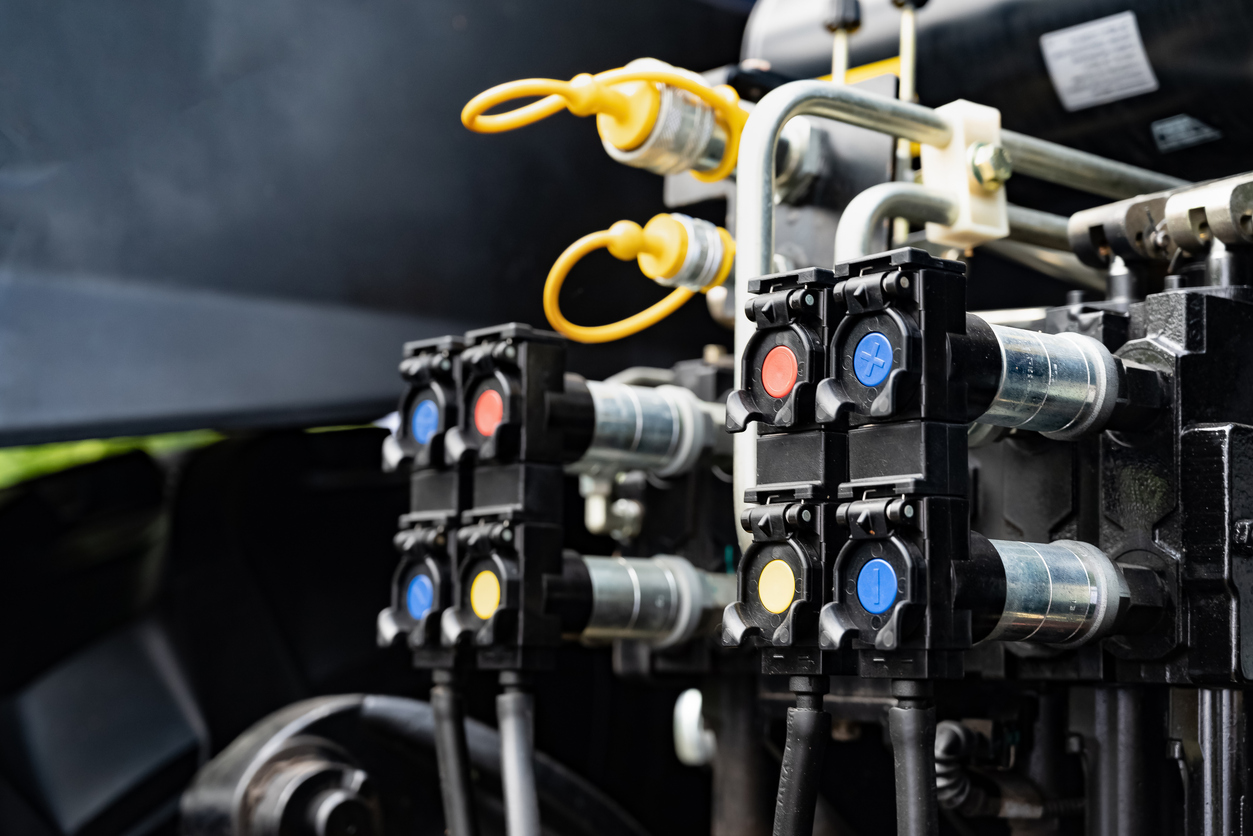Mali’s Agricultural Potential: How Wigmore Trading is Using Local Resources to Enhance Global Food Security
Mali’s Agricultural Potential: How Wigmore Trading is Using Local Resources to Enhance Global Food Security
The African continent has long been known for its untapped potential, and Mali is no exception. With an abundance of natural resources and a rich agricultural heritage, this West African nation is poised to become a major player in global food security. And one company at the forefront of this effort is Wigmore Trading. Through innovative use of local resources, they are not only improving the lives of farmers and communities across Mali but also contributing significantly to feeding the world’s growing population. In this blog post, we’ll explore how Wigmore Trading is leveraging Mali’s agricultural potential to make a positive impact on both local and global scales.
Introduction to Wigmore Trading and Their Role in Agricultural Sustainability
Wigmore Trading is a social enterprise that is working to improve the livelihoods of small-scale farmers in Mali through the development of sustainable agricultural practices. The company was founded in 2013 by two entrepreneurs, Andrew Wigmore and James White, who were inspired by their own experiences working with small-scale farmers in Africa.
Wigmore Trading works with small-scale farmers to help them increase their production and incomes while also protecting the environment. The company does this by providing training on good agricultural practices, access to markets, and financial services. In addition, Wigmore Trading is working to develop new value chains for underutilized local resources, such as baobab fruit and moringa leaves.
The company’s ultimate goal is to contribute to food security in Mali and other parts of Africa by helping small-scale farmers produce more food using less land and water. Wigmore Trading’s work is already having a positive impact on the lives of its farmer partners, and the company is well on its way to achieving its goal of promoting agricultural sustainability in Africa.
Mali’s Agricultural Potential: Natural Resources, Climate Change, & More
Mali is a West African country with a long history of agriculture. The country has a variety of natural resources, including fertile soils, ample sunlight, and reliable rains. These conditions have allowed Mali to become one of the world’s leading producers of cotton, millet, and rice.
However, Mali’s agricultural potential is threatened by climate change. The country has experienced increased temperatures and reduced rainfall in recent years. This has led to crop failures and livestock losses. In addition, climate change is causing desertification in Mali, which is threatening the livelihoods of farmers and herders.
Wigmore Trading is working to help Mali meet its agricultural potential by investing in local resources and infrastructure. The company is helping to build irrigation systems that will allow farmers to grow crops during periods of drought. In addition, Wigmore Trading is training farmers in best practices for agriculture and supporting research into new crop varieties that are resilient to climate change.
By investing in Mali’s agricultural potential, Wigmore Trading is not only helping to improve food security in the country, but also contributing to the global fight against climate change.
How Wigmore Trading is Enhancing Mali’s Agricultural Potential
In recent years, Mali has become an increasingly important player in the global food security landscape. The country’s agricultural potential is vast, and its ability to produce food for both local and export markets is growing. However, Mali’s farmers face significant challenges, including limited access to inputs and markets, and a lack of knowledge and information about best practices.
Wigmore Trading is working to enhance Mali’s agricultural potential by investing in the country’s local resources and capacity. The company has established a large farm in the country’s central region, which serves as a training ground for Malian farmers. Through its work with farmers, Wigmore Trading is helping to improve access to inputs and markets, and increase knowledge about best practices. As a result, Mali’s farmers are better able to produce food for both local and export markets, contributing to the country’s overall food security.
– Enhancing Crop yields
The Wigmore Trading company is based in the West African country of Mali. The company was founded in 2006 with the aim of using local resources to enhance global food security. The company works with small-scale farmers to help them increase their crop yields. This is done through the provision of training, inputs and other support services.
In addition to helping small-scale farmers increase their crop yields, Wigmore Trading also aims to improve the quality of life for rural communities in Mali. The company does this by providing employment opportunities and working with local partners to provide access to essential services such as healthcare and education.
The work of Wigmore Trading is making a significant contribution to improving food security in Mali. By helping small-scale farmers increase their crop yields, the company is playing a vital role in ensuring that more people have access to nutritious food. In addition, the company’s work is benefiting rural communities by providing employment opportunities and access to essential services.
– Utilizing Natural Resources for Food Residues & Wastes
Mali’s agricultural potential is vast. With over 60% of the population employed in the sector, agriculture contributes significantly to the country’s GDP. The mainstay of Mali’s economy is subsistence agriculture, with smallholder farmers producing for their own consumption and for sale in local markets.
In recent years, Mali has been working to increase its agricultural productivity and move up the value chain by investing in irrigation, modern inputs, and agro-processing. These efforts are paying off, with Mali now exporting a range of products including cotton, peanuts, and livestock.
Wigmore Trading is a British company that has been working in Mali since 2008. We work with smallholder farmers to help them increase their yields and incomes through better access to markets and improved production techniques.
One way we are doing this is by utilising natural resources for food residues and wastes. In many parts of Mali, crop residues are burned as fuel or left to rot in the fields. This practice not only wastes a valuable resource but also creates pollution and health hazards.
Instead, we are working with farmers to collect crop residues and convert them into animal feed or organic fertiliser. This not only reduces waste but also provides a valuable source of income for farmers. We are also helping farmers to set up vermicomposting units, which turn food waste into nutrient-rich compost that can be used to improve soil fertility.
By utilising natural resources like crop residues and food waste,
Benefits of Wigmore Trading’s Approach to Food Security in Mali
Wigmore Trading is a social enterprise that is working to improve food security in Mali through its innovative approach to agriculture. The company works with small-scale farmers to help them increase their production and access to markets. In addition, Wigmore Trading provides training and support to farmers so they can adopt more efficient and sustainable farming practices.
The company’s approach to food security has several benefits for the farmers it works with, as well as for the country of Mali as a whole. First, by helping farmers increase their production, Wigmore Trading is able to provide them with a steadier income. This not only helps the farmers themselves, but also contributes to the overall stability of Mali’s economy. In addition, by working with small-scale farmers, Wigmore Trading is able to promote local food production and consumption. This not only supports the farmers themselves, but also helps to ensure that people in Mali have access to fresh, nutritious food. By providing training and support to farmers so they can adopt more efficient and sustainable farming practices, Wigmore Trading is helping to protect the environment and conserve natural resources. This is important not only for the future of agriculture in Mali, but also for the long-term health of the planet as a whole.
Conclusion
In conclusion, Mali’s agricultural potential is immense and Wigmore Trading has harnessed the resources in the country to help improve global food security. By rethinking their approach to agriculture and utilizing local markets, communities, and natural resources in a more sustainable way, Wigmore Trading is helping build a more secure future for all of us. The success of this project shows that it is possible for companies to make an impact in places like Mali while also improving global food security.








Comments are closed.